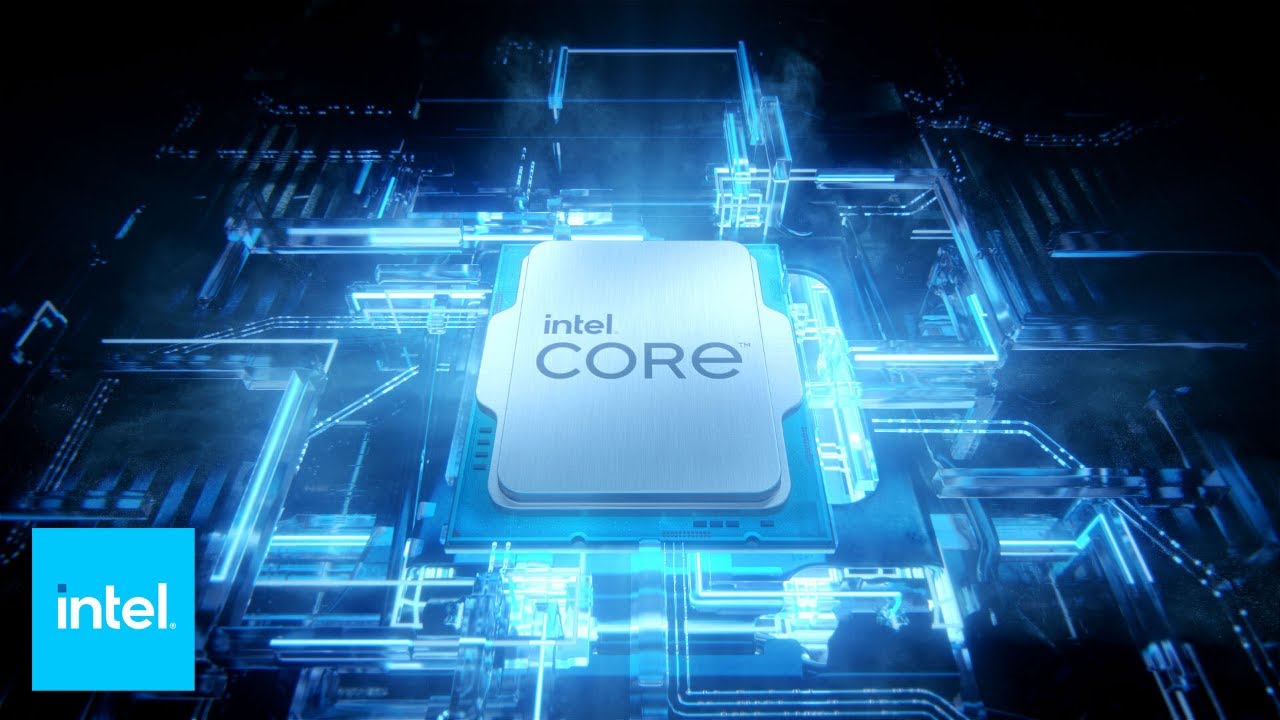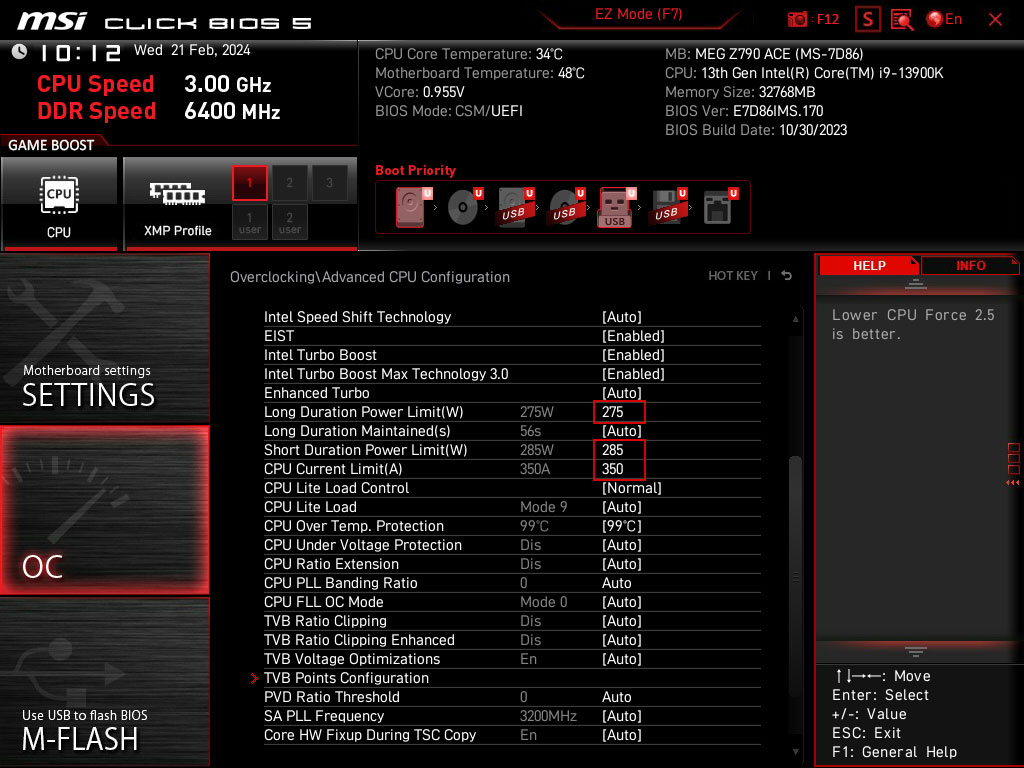
Increasing numbers of users of the Core i9-13900K and Core i7-13700K have reported crashes in some of the latest games, usually accompanied by an out of video memory error. It's not just random end-users either: Our GPU reviewer has personally dealt with this, as has Hassan Mujtaba from WCCFTech. There's a new Steam forum thread on the subject as well. Considering Intel's processors are some of the best CPUs for gaming, it's a particularly painful problem when things go amiss.
Update: We've reached out to Intel for comment, and the official response was: "Intel is aware of reports regarding Intel Core 13th and 14th Gen unlocked desktop processors experiencing issues with certain workloads. We’re engaged with our partners and are conducting analysis of the reported issues." Hopefully, things get sorted sooner than later. Also, games that use Oodle are routinely impacted by affected processors, and Oodle released a statement with additional details on the problem.
Our GPU reviewer dealt with the matter and finally tracked down the root cause to his motherboard's default power and current limit settings. Both were set to effectively "unlimited" — 4096W and 4096A — after loading the default optimized BIOS settings. That was with a Core i9-13900K, and while most reports concern the 13900K and 13700K thus far, the Core i9-14900K and Core i7-14700K may also be affected given they're basically the same silicon.
Complaints about stability issues on the 13900K and 13700K aren't exactly widespread, but have become particularly concentrated on a handful of games, specifically for those with shader compilation. It's not even just a rumor going around on forums as at least two developers and Nvidia itself have explicitly identified that the "out of video memory error," which you would normally think is a GPU issue, is actually related to 13th Gen CPUs.
Gearbox and Fatshark, which develop Remnant 2 and Vermintide 2 respectively, have both noted these very issues and have narrowed them down to the 13900K, and also the 13700K according to Fatshark. Gearbox even says, "If you experience this problem, you will likely also see it in other DX12 games," which is to say that it's not an issue specific to Remnant 2. The issue isn't even that new, as Gearbox's warnings were made back in August.
Our own Jarred Walton has seen the problem in quite a few games: Alan Wake 2, Hogwarts Legacy, Horizon Zero Dawn, Immortals of Aveum, Metro Exodus Enhanced Edition, and The Last of Us, Part 1 to name specific examples. Hogwarts, Horizon, and The Last of Us are all particularly painful examples in his case, and at 'stock' settings would crash during the shader compilation process probably over 90% of the time. So what's going on?
For its part, Nvidia told a user that, "Despite the game saying the issue is with your VRAM... Unreal Engine 5 games seem to have some issues with this particular model (and possibly other 13th-generation Intel CPUs)."
Nvidia and the two developers have all recommended that users who experience these crashes on the 13900K and other CPUs downclock their chips by up to 200MHz. The obvious downside of this is that it reduces performance, which isn't exactly ideal. But we and others have found some other solutions that seem to work just as well.

The root cause of these issues according to our own investigation is related to the high default power and current limits that some motherboards may use. Keep in mind that power, current, voltage, and frequency are all interrelated, so changes to one can affect the others. Underclocking, undervolting, or power/current limiting the CPU all appear to be valid workarounds.
Intel's default maximum TDP for the 13900K is 253 watts, though it can easily consume 300 watts or more when given a higher power limit. In our testing, manually setting the power limit to 275–300 watts and the amperage limit to 350A, proved to be perfectly stable for our 13900K. That required going into the advanced CPU settings in the BIOS to change the PL1/PL2 limits — called short and long duration power limits in our particular case. The motherboard's default "Auto" power and current limits meanwhile created instability issues — which correspond to a power limit of 4,096 watts and 4,096 amps.
Others have reportedly had success by undervolting their CPUs. Again, P = IV (power equals current times voltage), so changing one of those can potentially do the trick. Power, current, and voltage can also scale with frequency, and thus Nvidia's suggestion to underclock by 200 MHz likely also works for many who are affected by this particular issue.
Note that you can use tools like Intel's Extreme Tuning Utility to change these settings within Windows. The end result is the same, though we prefer tweaking the BIOS rather than XTU as the changes saved there are permanent and don't require installing any extra software.
With past Intel CPUs, setting a TDP or amperage absurdly high generally didn't make a difference, as complex frequency boosting rules determine how much actual power and current are used. There are protection mechanisms to prevent a CPU from damaging itself. However, the 13900K in particular can be negatively impacted by these high or unlimited power settings.
It's not exactly clear why the 13900K suffers from these instability problems, and how exactly downclocking, lowering the power/current limits, and undervolting prevent further crashes. Clearly, something is going wrong with some CPUs. Are they "defective" or merely not capable of running the out of spec settings used by many motherboards? Because we've heard of others where one 13900K works fine while a different 13900K doesn't, meaning the silicon lottery is likely in full effect here.
Ultimately, power can be a real problem with Intel's Raptor Lake CPUs. Our reduced power and current limits as an example dropped maximum CPU temperatures by about 15C — we were routinely hitting up to 100C when we saw the crashing problems. We also theorize that maybe it's an issue with Vdroop and load-line calibration, which if improperly configured, could result in a CPU using too much or too little voltage, especially if it suddenly ramps up or down in clock speed.
If you're using a 13th or 14th Gen Core i9 or i7 and you're experiencing these crashes with certain games, you might want to downclock, undervolt, and/or set a power/current limit on your CPU. There's a good chance one or more of those will fix the problem.







